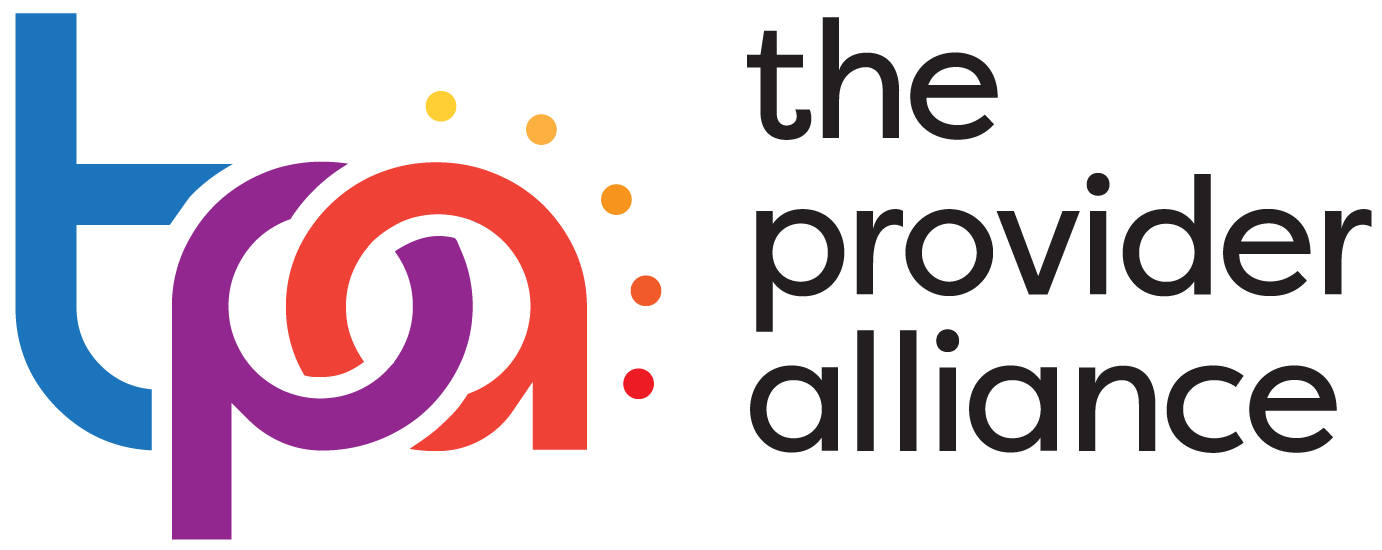EDITORIAL — USA TODAY NETWORK (PENNSYLVANIA)
First Published February 3, 2022
Sandi Shaffer is desperate for the ivory tower set in Harrisburg to see what life is like for the tens of thousands of parents across the commonwealth who care for sons and daughters with intellectual disabilities and/or autism.
Sandi admits she’d like certain legislators to take her 25-year-old daughter Kate home for the day. Kate has intellectual and developmental delays, is nonverbal, has epilepsy and is on the autism spectrum. Maybe then the understanding she craves — and the help she needs — will come.
Maybe then the otherworldly distance — is it really only 200 miles? — between the rural backroads of Westmoreland County and the ritzy grandeur of Harrisburg’s Capitol Rotunda can be bridged.
The community-based system that provides critical services for people with intellectual disabilities and autism is teetering on the verge of collapse, according to people on the ground who met with a USA Today Network — Pennsylvania editorial board last week.
Chronic underfunding of state-contracted non-profit organizations that provide direct support professionals for in-home care has stagnated wages for DSPs at an average of $14.38 per hour. That’s appalling given that DSPs administer medications, build behavioral support plans, manage mental health crises, work with medically fragile individuals, hold current CPR and first aid certifications and stay on top of the mountain of paperwork that comes with being ultimately answerable to Pennsylvania’s Department of Human Services.
We ask DSPs to do all that for less than a motivated teenager can earn at Chick-fil-A and then, to add insult to injury, the state pays DSPs working in its facilities an average of $18.66 per hour.
It’s no wonder the thousand or so non-profits the state contracts to provide services under the Home and Community-Based Waiver through the state’s Medicaid program say they aren’t able to retain good DSPs.
This isn’t a new problem, but increased demand for the services DSPs provide in a post-COVID world has triggered a full-blown crisis in the ID/A — intellectual disability and autism — world, where an estimated 12,000 Pennsylvania families sit on waiting lists for care.
Let’s be clear: These are not families looking for a handout so they can spend more time living their best life.
Without a DSP to care for Kate, Sandi Shaffer has had to give up a full-time job, downsize from her house to a rental property and tap her retirement fund just to make ends meet. She now works part-time at a wellness center with flexible hours where she can build her schedule around the family members who pitch in to care for Kate.
Still, she sees her daughter regressing. Kate, who is very social, is home all day and night. She enjoys watching what’s happening outside in the wooded area around the home but “she’s almost becoming agoraphobic”, says Sandi, who pulls no punches when she says Kate has “gotten lazy”. They attend church on Saturday nights. They sit way in the back. Occasionally, they go to Target.
Except for when Sandi is at her job, she and Kate are together, even in the middle of the night. Kate’s not much for sleeping.
Like all stories in the ID/A community, Sandi and Kate’s is unique, but they aren’t alone in feeling overwhelmed, exhausted and forgotten by the system.
Linda Smith, of Adams County, is her 38-year-old son Derrick Hemler’s full-time caregiver. Derrick has Down syndrome. When he was in his mid-20s, he arrested during a 2010 surgical procedure and the lack of oxygen to his brain further compromised its functions. In 2012, his father died. He couldn’t process the loss. When COVID hit, he lost access to programs that took him out of the home.
The sum total of all that trauma was a schizoaffective disorder diagnosis. He has an imaginary family based on characters in a PS4 video game. He also has obsessive compulsive disorder, diabetes, a thyroid issue and is obese.
When COVID hit, Linda quit her 18-year job at a scrap metal recycling plant. Now she spends all her time with Derrick. The two of them live alone. Derrick also has a touch of agoraphobia. He prefers to stay in his room where he feels safe. Getting him to leave home is extremely difficult for Linda. Even when they venture out for his favorite treat — soft pretzels and frozen Cokes — he waits for her in the car.
Linda has help from 9 a.m. to 4 p.m. on Thursdays. She crams a week’s worth of errands into that time — visiting her elderly mother, buying groceries, taking care of doctor’s appointments and other stops. Some Thursdays she’s booked so tightly that she gets lunch while she’s out, but has to eat it while she drives.
Linda and Sandi aren’t looking for sympathy or, worse, pity. They’re looking for a promise of bold action from Governor Wolf when he gives his budget address on Tuesday.
Their lives, their children’s lives, and the lives of thousands of Pennsylvania families would be enriched beyond measure by the presence of a DSP. And, unlike many problems bandied about in Harrisburg, this one has a relatively simple solution.
On Tuesday, Wolf must promise to fund the program, not at the proposed $405 million, but at $541 million. Advocates say that additional $136 million would allow state-contracted agencies to raise community-based DSPs’ wages into the neighborhood of their counterparts in state facilities. That, they say, would improve employee retention and allow the agencies to hire additional staff needed to get help to the families on these waiting lists.
The money is there. Pennsylvania would only be responsible for $65 million, thanks to a federal government match. As for the rest, Pennsylvania ended last year with a budget surplus and state treasury receipts continue to outperform expectations. The commonwealth also has an estimated $7.3 billion in federal pandemic-related stimulus money on hand.
A DSP working with Kate and Derrick for, say, 10 hours a day five days a week, would be the ultimate game-changer for them and their mothers. We believe that a dedicated — and fairly compensated — DSP could give Kate and Derrick the socialization they need, get them out of their homes and halt the regression they’ve experienced in the last 18 months.
As for their mothers, Sandi says having a DSP would give her a chance to get back to full-time work in a field that helps others in need — she formerly held a crisis intervention psychology position — while beginning the work of rebuilding her savings.
Linda admitted, almost reluctantly, that, while she loves Derrick and is committed to taking care of him, she does miss certain activities and ways to engage in various forms of self-care.
Linda says she’d like to go to Bingo or have lunch with a friend now and then rather than eating it in her car — “I have the same isolation as him”, she says.
While we can’t send Sandi’s daughter Kate home with our legislators for the day, we’re confident that we don’t have to for them to see that parents like Linda and Sandi aren’t asking for the moon and the stars here.
They’re asking for something that will give them the opportunity to work, to earn a living, to provide for their families and to vastly improve their children’s quality of life. And that the dedicated DSPs that give them the chance to do those things get a living wage in return.
The state can make this happen. It needs to make this happen.

